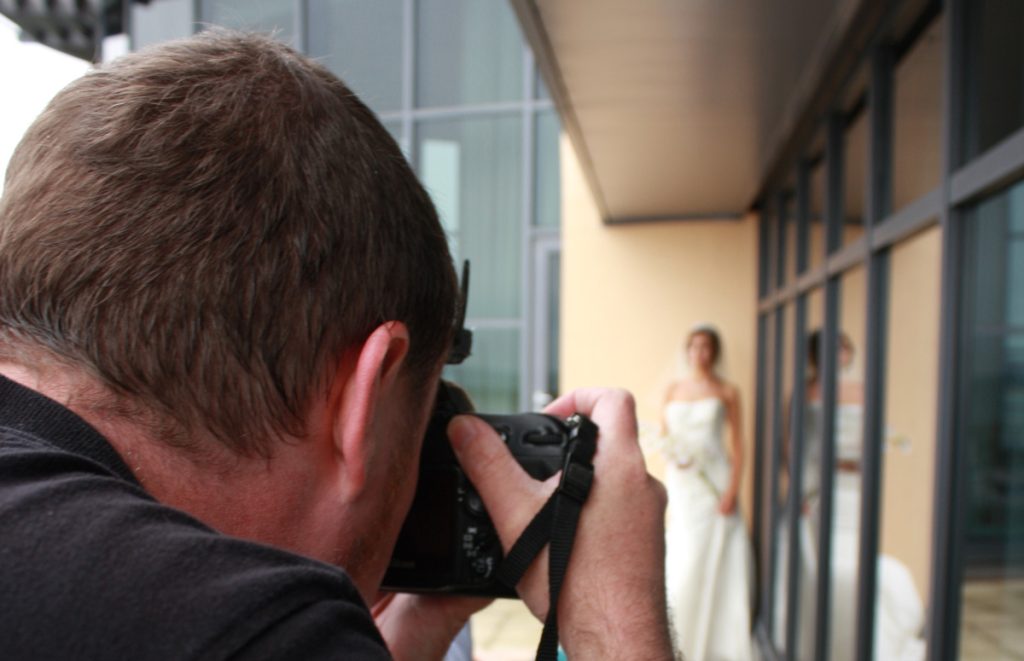A Photographer’s Guide to UK Copyright Law: Protecting Your Work

As a photographer in the UK, understanding copyright law is essential to protect your creative work. This guide will walk you through the basics of UK copyright law for photographers, including ownership rights, licensing, and what to do if your work is infringed upon.
1. Automatic Copyright Protection for Photographers
Copyright in the UK is automatically granted as soon as you create an original photograph. This means you don’t need to register your copyright or display a copyright notice for your images to be protected. However, adding a copyright notice can be helpful in asserting ownership and discouraging infringement.
2. Who Owns the Copyright?
Ownership of copyright is typically straightforward:
- Photographer as Copyright Owner: The photographer who takes the photograph is the original copyright holder.
- Employment Situations: If you’re employed and photography is part of your job, your employer usually owns the copyright unless stated otherwise in your contract.
- Commissioned Work: For commissioned work, such as wedding or portrait photography, the photographer generally retains copyright unless a contract transfers it to the client.
3. Understanding Your Rights as a Copyright Owner
As the copyright owner, you hold several exclusive rights over your photographs:
- Reproduction Rights: You have the sole right to reproduce your images.
- Distribution Rights: You control how your photographs are distributed, whether by sale, rental, or lending.
- Public Display Rights: You have the right to show your images in public.
- Derivative Works: You can create new works based on your original photographs.
Additionally, you hold moral rights, including the right to be credited as the author and the right to object to any derogatory treatment of your work.
4. How Long Does Copyright Last?
In the UK, copyright protection for photographs lasts for the lifetime of the photographer plus 70 years from the end of the calendar year in which they died. This long duration ensures your work is protected even after your lifetime.
5. Licensing Your Photographs
Licensing allows you to control how others use your photographs while retaining copyright:
- Exclusive License: Grants the licensee exclusive rights to use the image.
- Non-Exclusive License: Allows you to license the same image to multiple parties.
- Creative Commons: You can choose to license your work under Creative Commons, specifying how others can use it while retaining your rights.
Licensing is a key way to monetise your work, so it’s important to clearly define the terms of use.
6. What to Do If Your Copyright Is Infringed
If someone uses your photograph without permission, they may be infringing your copyright. Here’s how to address it:
- Watermarking: Adding a watermark to your images can deter unauthorised use.
- Metadata: Embedding metadata in your images helps in proving ownership.
- Legal Action: You have the right to take legal action, which could result in damages or an injunction to stop the unauthorised use.
Don’t forget members of The Society of Photographers have access to a 24 hour legal advice line (UK Only).
7. Understanding Fair Dealing
Some uses of your photographs may be allowed without permission under “fair dealing.” This includes:
- Research and Private Study: Limited use for personal, non-commercial research.
- Criticism or Review: Use in criticism or review, provided your work is properly attributed.
- News Reporting: Use in news reporting, though this must be fair and justifiable.
Fair dealing is a complex area, so it’s wise to consider each case individually or seek legal advice. Don’t forget members of The Society of Photographers have access to a 24 hour legal advice line (UK Only).
8. Moral Rights: Protecting Your Reputation
Beyond the economic rights, UK law also recognises your moral rights as a photographer:
- Right to Attribution: You can insist on being credited as the author.
- Right to Object to Derogatory Treatment: You can object if your work is distorted or treated in a way that harms your reputation.
These rights ensure that your personal connection to your work is respected, even if you no longer own the copyright.
9. Transferring Copyright
If you decide to transfer copyright to another party, this must be done in writing, with clear terms laid out in a contract. Whether you’re selling copyright or licensing your work, clarity in agreements is key to protecting your interests.
Conclusion: Protecting Your Photographic Work in the UK
Understanding UK copyright law empowers you as a photographer to protect your work and control how it’s used. Whether you’re licensing your photographs, dealing with infringement, or asserting your moral rights, knowledge of the law is your first line of defense.
For specific legal advice, especially in complex situations, consulting a legal expert specialising in intellectual property is recommended.
Don’t forget members of The Society of Photographers have access to a 24 hour legal advice line (UK Only).









